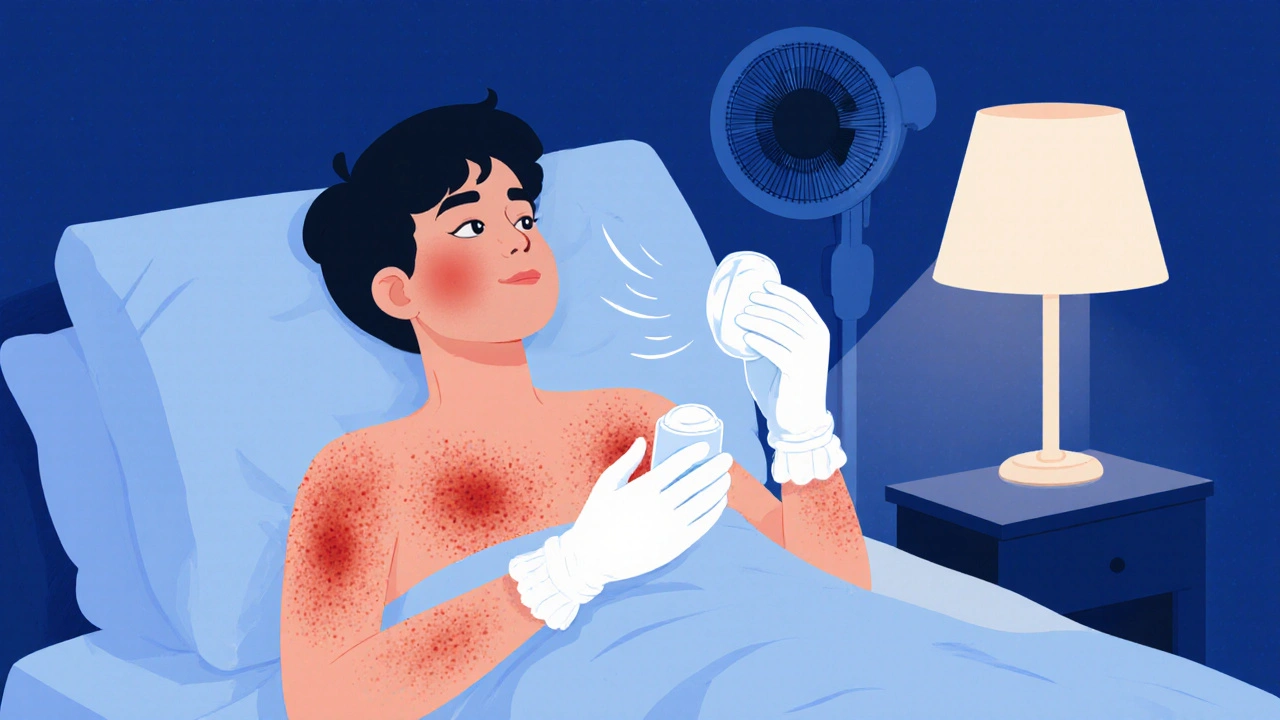Acitretin Management: Dosage, Side Effects, and Safe Use Guide
When you're prescribed acitretin, a potent oral retinoid used primarily to treat severe psoriasis and other skin disorders. Also known as Soriatane, it works by slowing down skin cell growth, but it's not a drug you take lightly. This isn't your average skin cream or vitamin supplement—it's a strong medication that demands careful handling, regular monitoring, and strict lifestyle rules.
One of the biggest concerns with acitretin, a synthetic form of vitamin A that alters skin cell production is its impact on pregnancy. Even months after stopping the drug, it can cause severe birth defects. That’s why women of childbearing age must use two forms of birth control before, during, and for at least three years after treatment. Men taking acitretin should also avoid fathering a child during and after treatment because the drug can linger in semen. This isn't a suggestion—it's a medical requirement backed by decades of data.
Then there’s the acitretin dosage, typically starting at 25 mg daily, adjusted based on weight and response. Too little and it won’t work. Too much and you risk liver damage, high cholesterol, or dry, cracked skin so severe it bleeds. Your doctor will likely check your liver enzymes and lipid levels every few weeks. You’ll also need to avoid alcohol completely—acitretin and alcohol can combine to create a toxic compound that stays in your body for months. And don’t forget about sun exposure: your skin becomes extremely sensitive. Even a short walk without sunscreen can lead to a bad burn.
Many people stop acitretin because of side effects—dry lips, nosebleeds, muscle aches—but these often improve over time. What doesn’t improve? The risk of depression or suicidal thoughts. If you notice changes in mood, talk to your doctor immediately. Acitretin isn’t something you just pick up at the pharmacy and start using. It requires a plan: regular blood tests, strict contraception, no alcohol, sun protection, and open communication with your healthcare team.
Storage matters too. Keep it in a cool, dry place, away from kids and pets. Don’t toss unused pills in the trash—return them to a pharmacy for safe disposal. And if you’re thinking about switching to another treatment, know that acitretin isn’t always the first choice, but for stubborn plaque psoriasis that won’t respond to creams or light therapy, it can be life-changing—if managed right.
Below, you’ll find real-world advice from people who’ve walked this path—how they handled the side effects, what they wish they’d known sooner, and how to stay safe while getting results. Whether you’re just starting acitretin or thinking about stopping, these guides give you the practical details no doctor has time to explain.
